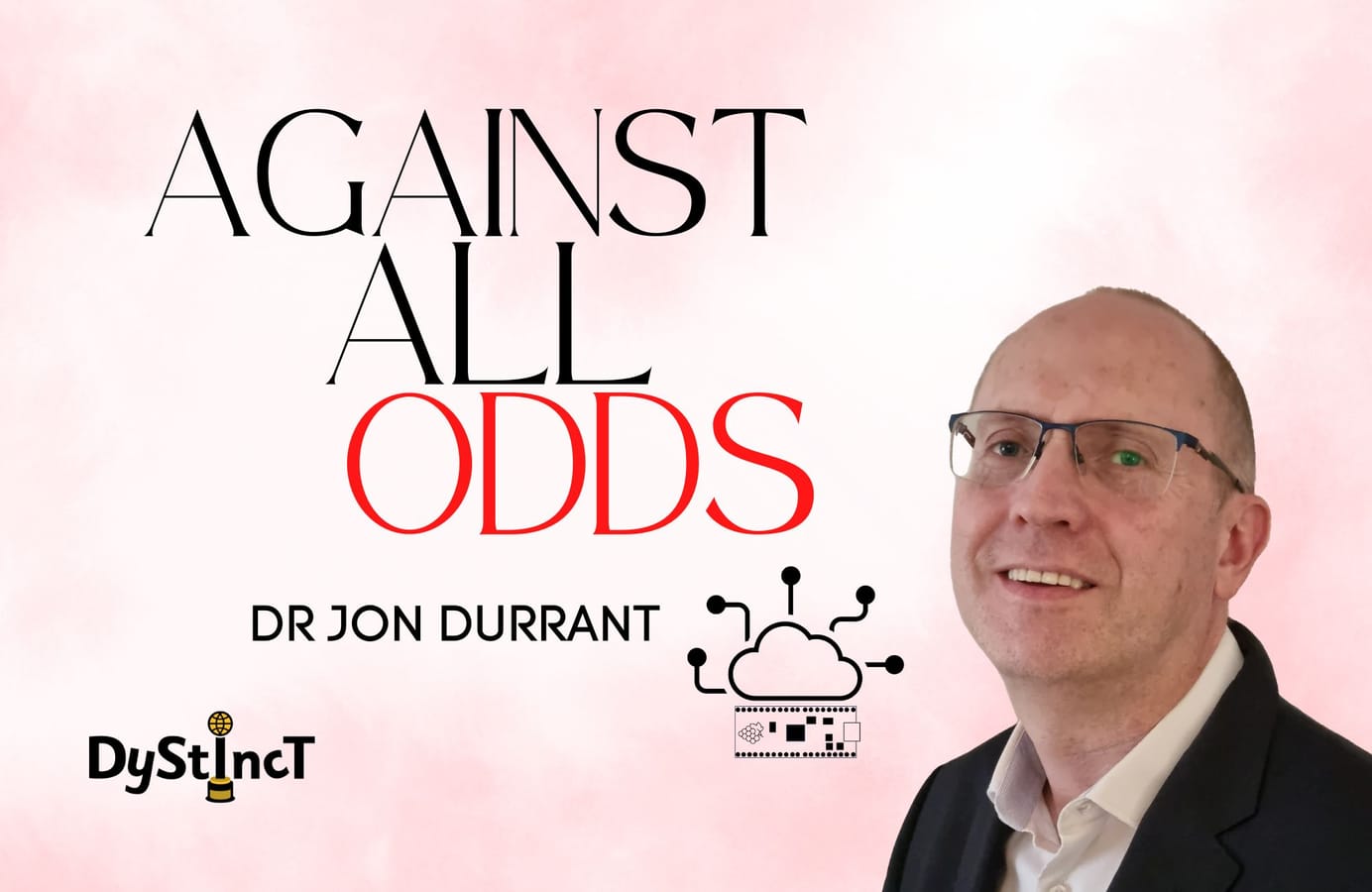
Issue 24: Against All Odds | Dr Jon Durrant
Dr Jon Durrant reflects on his journey from a discouraging dyslexia diagnosis and tough school years to a thriving career in IT and building his own business, showing how resilience and creativity helped him defy the odds.
This post is for paying subscribers only
SubscribeAlready have an account? Log in


